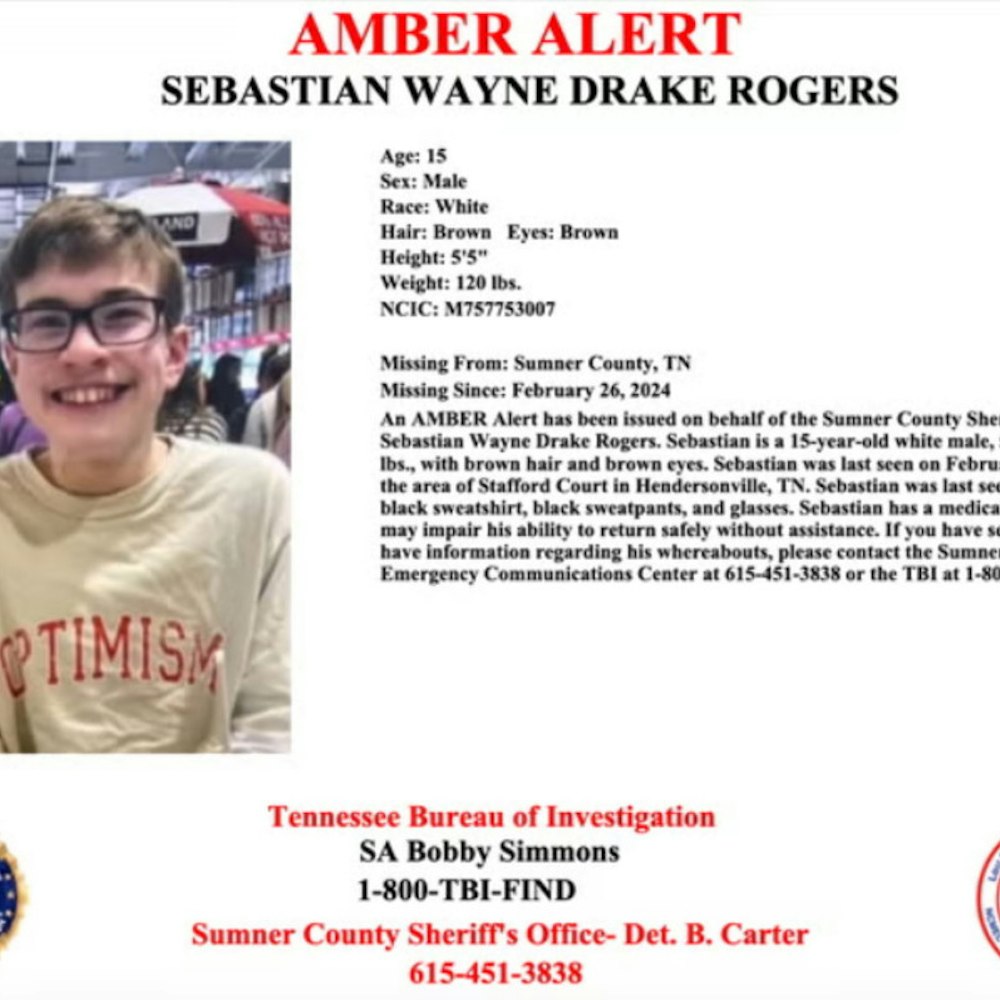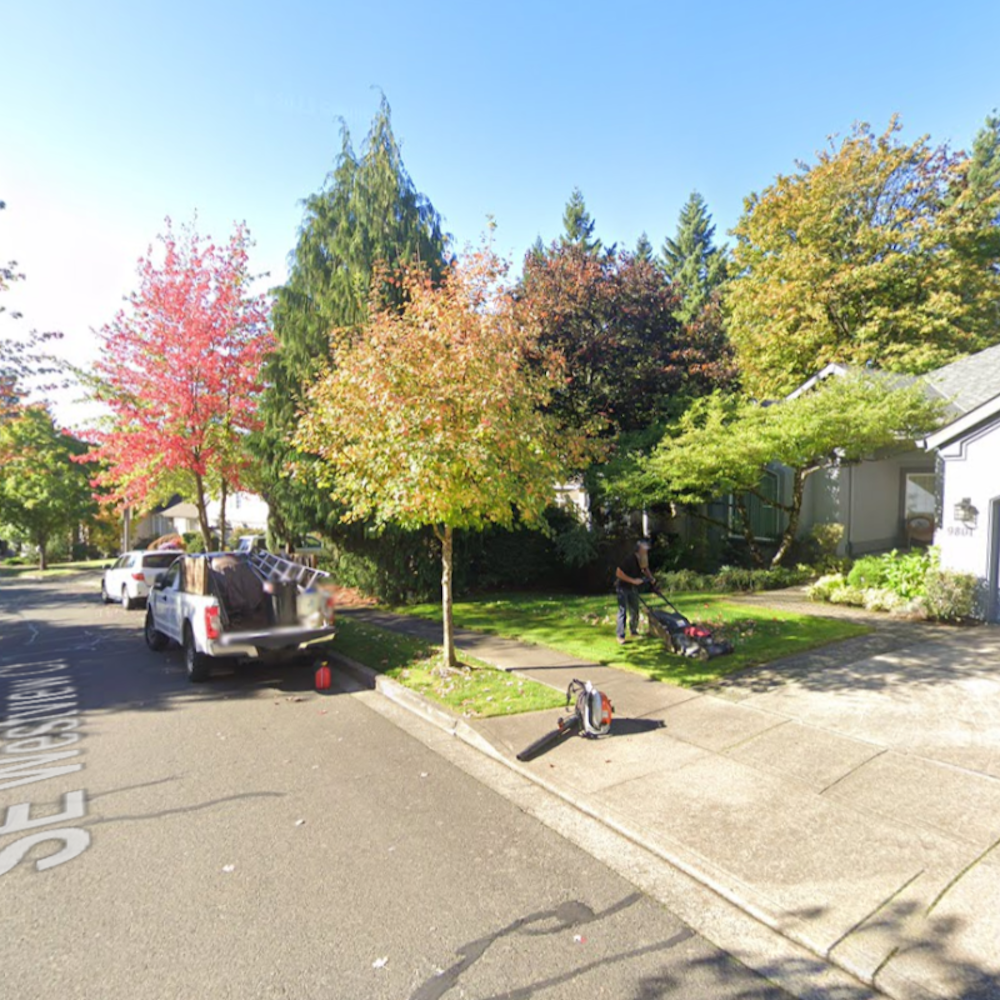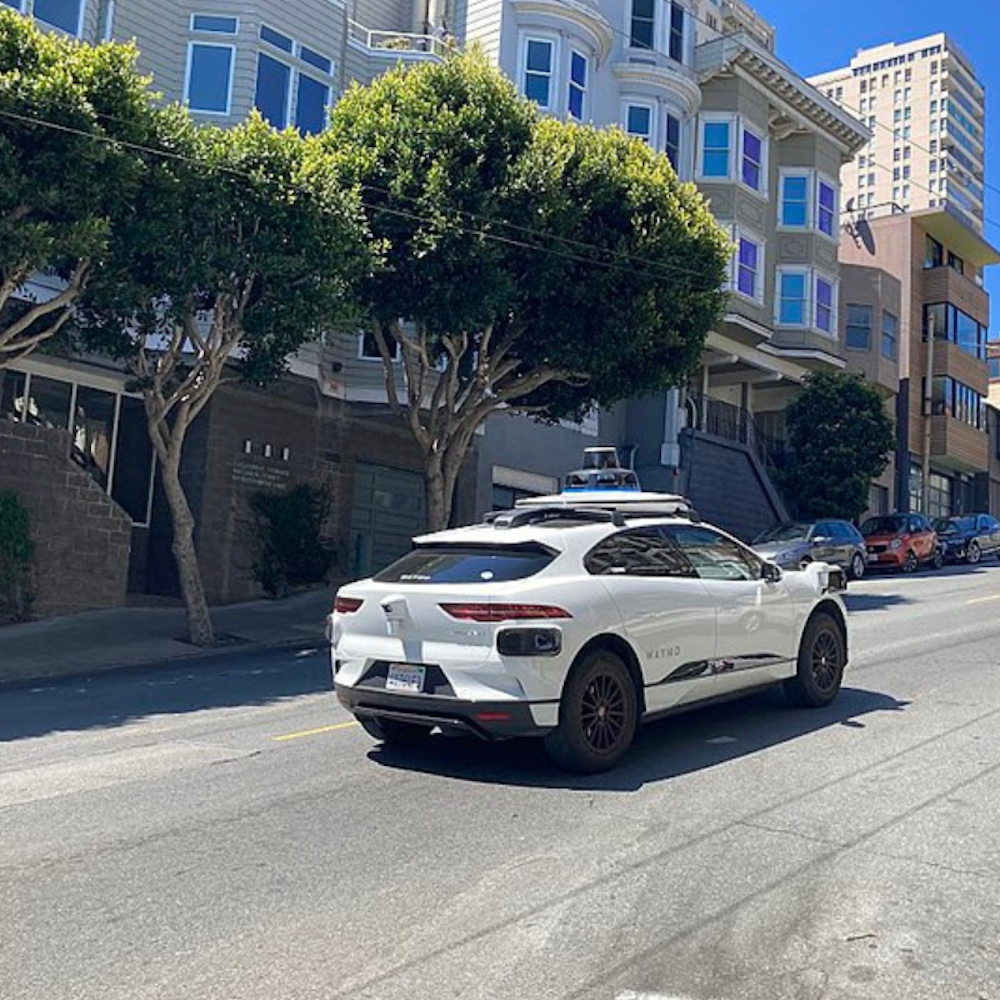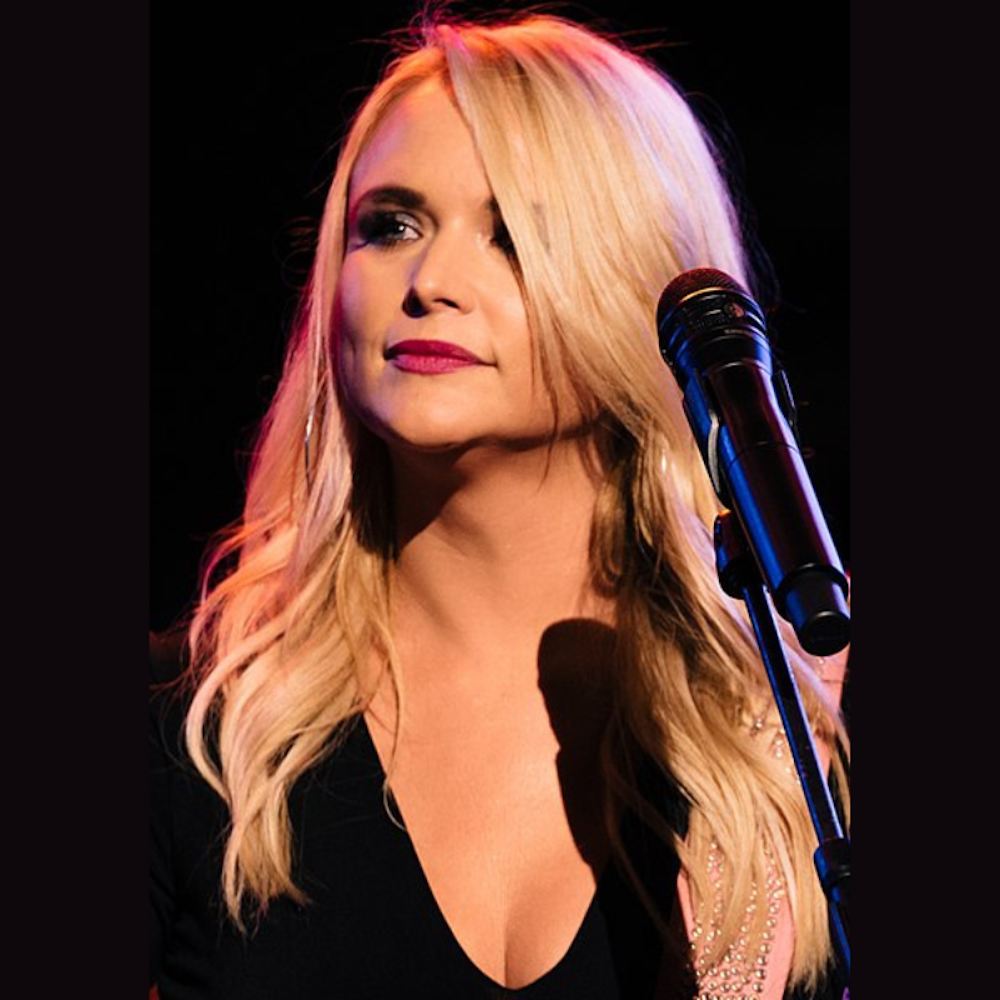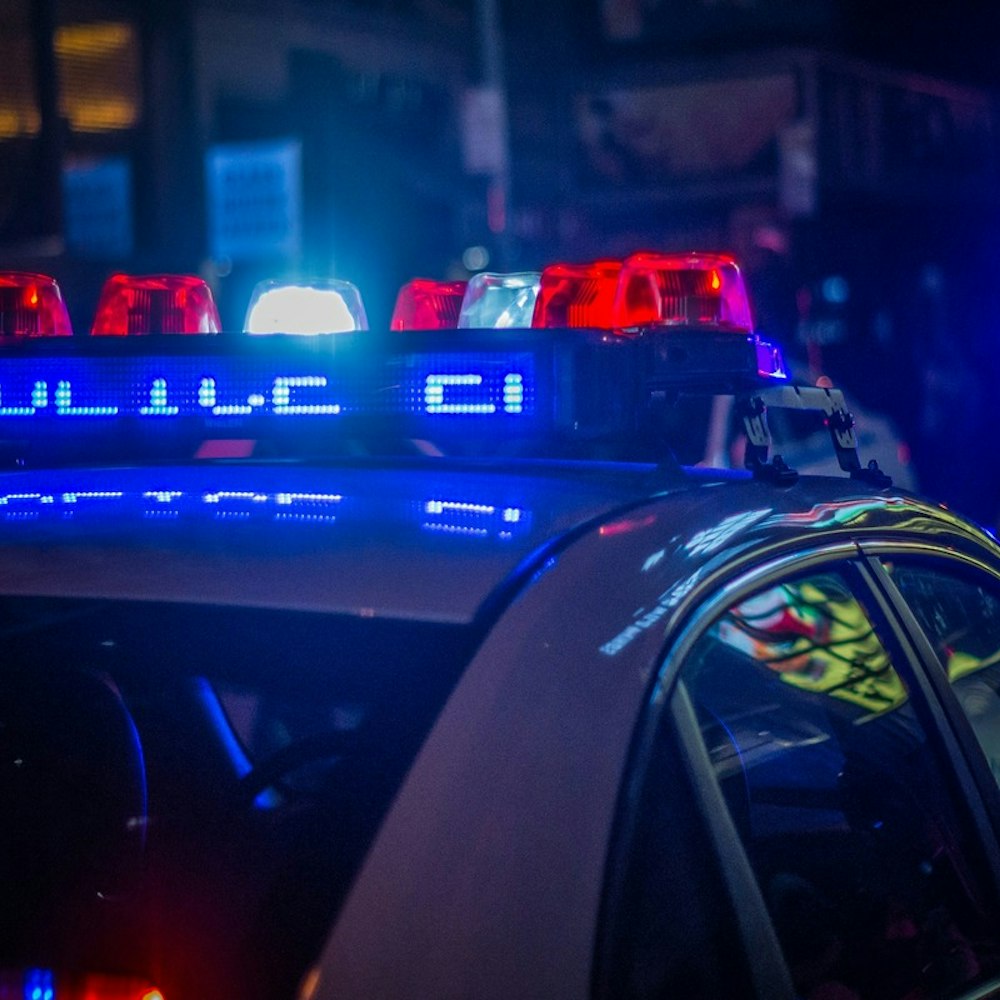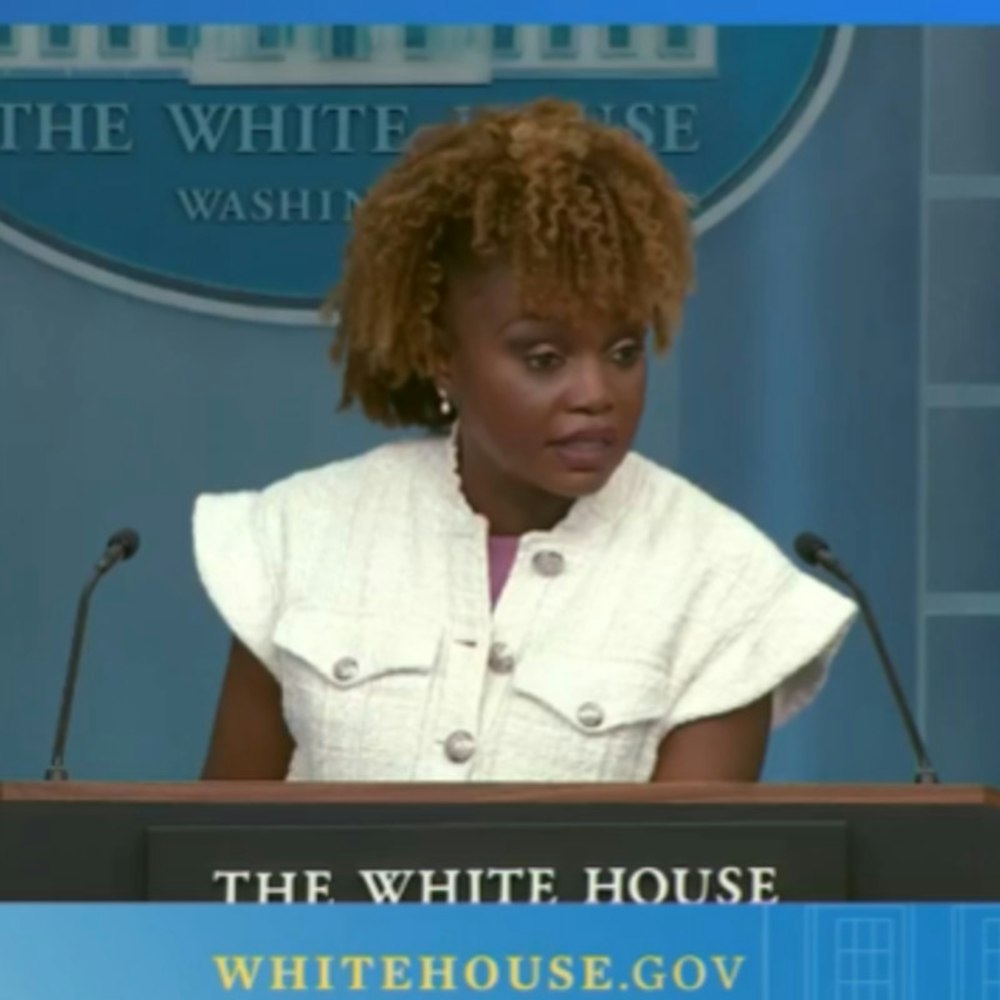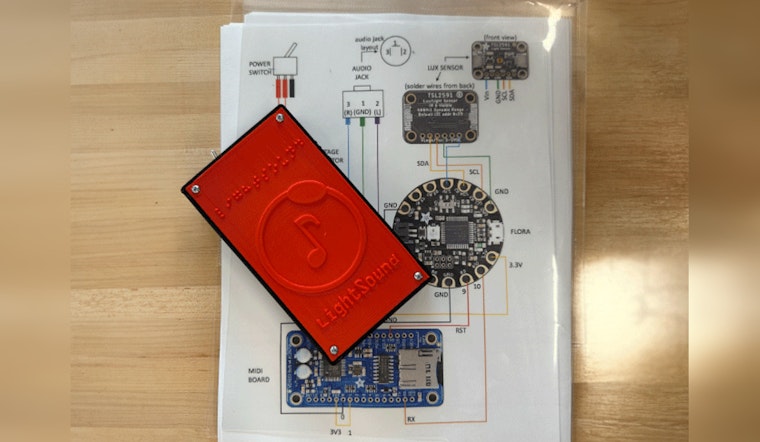
In an inspiring display of inclusivity, the University of Texas at San Antonio (UTSA) has taken active steps to ensure the visually impaired can partake in the upcoming April 8 solar eclipse with a device that translates light into sound. Known as LightSound, the technology has been co-developed with Harvard University astronomer Allyson Bieryla and has seen the hands-on participation of UTSA students in its assembly, according to a report by KENS 5.
Lindsay Fuller, the UTSA Eclipse Project Manager, detailed how the devices work by explaining that "as the moon begins to move in front of the sun, the intensity of the light from the sun decreases and the tone from the output of the box gets deeper," indicating a sensory equivalent of the visual experience of the eclipse, the details of which emerged in a statement obtained by KENS 5. Meanwhile, the students from UTSA don't hold back in their efforts, touching circuit boards, soldering wires, and packaging over 30 units making the project not just a learning experience but a civic contribution and UTSA has distributed these devices to organizations around San Antonio to ambiently enable the visually impaired to 'see' science happening live.
Emphasizing the project's significance, Fuller, in a statement obtained by UTSA Today, said, "The importance of this project is having everybody be able to experience the eclipse in some way," reflecting the inclusive nature of the initiative. Undergraduate and graduate students were involved in crafting the devices from the get-go, which according to the UTSA Today report, will also be used for the October eclipse, signifying a long-term commitment to accessibility in scientific events.
One UTSA senior, Tiffany Jensen, took pride in the broader impact of their small-scale efforts and stated to UTSA Today, "It may be a small amount being made here, but that’s contributing to so much more nationwide," expressing satisfaction in ensuring that those unable to visually experience the eclipse can still enjoy the celestial event along with the sighted population; her recognition of the project's national significance amplifies the sentiment that academic institutions can serve society by breaching sensory barriers and forging inclusivity in experiences often taken for granted by the many.


